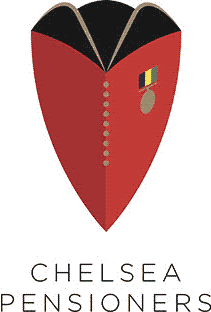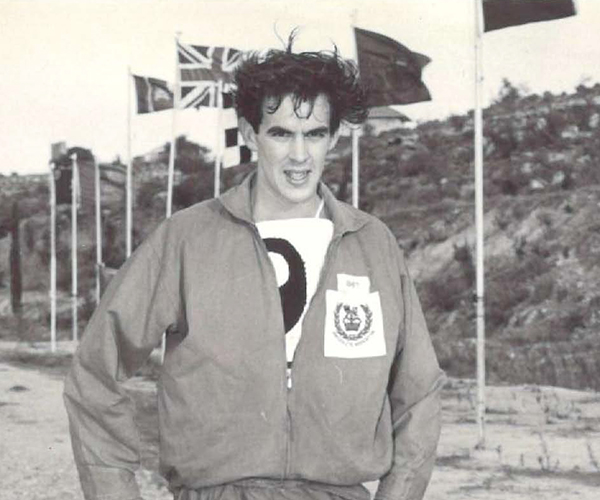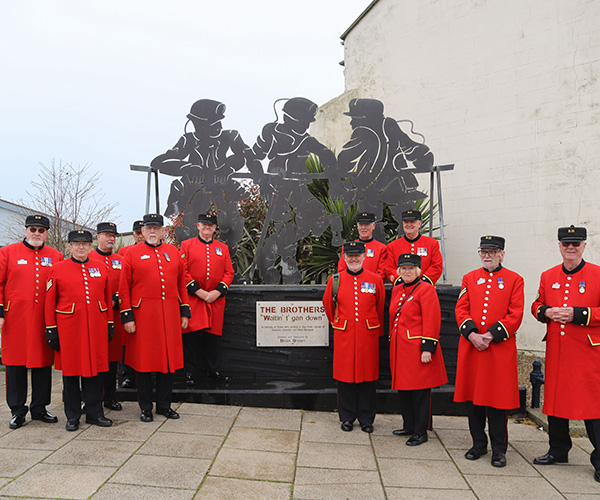The Forgotten War
28th November 2023
This year marks the 70th anniversary since the fighting of the Korean War ended. It is often referred to as ‘The Forgotten War’. However, the Korean War was a major conflict fought between 1950 to 1953 that caused mass fatalities, and a war that has never formally ended.
Here at the Royal Hospital Chelsea, we want to remember the countless individuals that were impacted by the Korean war; and to do so, a few of our Korean Veterans shared their experiences with us.
On the Frontline
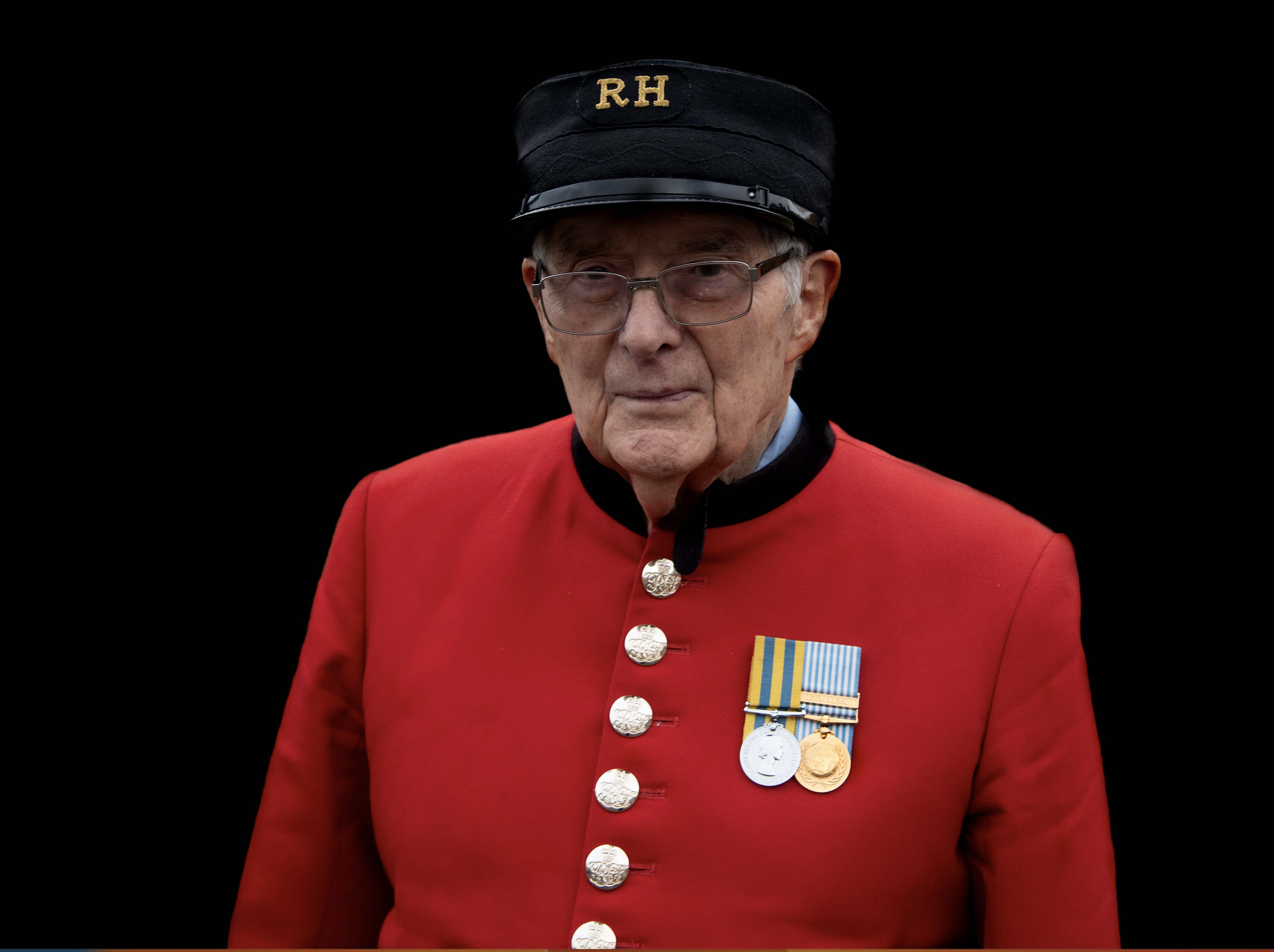
"I remember getting of the boat in Pusan and an American army band were playing music as we marched off the ship. We went straight from the boat up north to Seoul where the frontline was, to relieve the Australian Regiment. We had to practice throwing hand grenades behind the front line before entering the battlefield as we hadn’t had that training in the UK.
I was one of two people on a brand gun. I was with this lad who was from South Wales. In fact, he had been to the same school as me. Once in the army, we got pushed together so to speak and became pals.
In October, our company received orders to move into no man’s land. We were to move past the two other companies. I was a bit apprehensive as I thought it was still too light out. I voiced my concerns to my sergeant, suggesting we wait until nightfall, but I was ordered to be quiet and that we proceed. So off we went into no man’s land.
Mortars started raining down upon us; in front of us, behind us. I remember hearing someone shout ‘withdraw’, and I turned round taking one pace forward. That was it!
The next thing I knew I was lying on the stretcher waiting to be flown to the tented hospital behind the lines. I had eighteen pieces of shrapnel in me. I was then flown to Kure in Japan for rehabilitation.
There was 13 of us on the patrol. One was killed, he was my pal who I knew from school. Four of us seriously wounded and I was one of those."
“It’s extremely sad that we lost an awful lot of people.”
"I was part of the 45 Field Regiment, on the observation post party, supporting the Gloucesters. We went all the way to the border with China; we were to meet a company commander. They were guarding a load of engineers getting ready to blow a bridge. They told us the Chinese were coming, that they would be there any minute! Three days later we were still there, and still no Chinese.
I was just a sprog then, literally the youngest. The regiment was full of reservists – all the blokes in the observation post party were years older than me. They had been right through the war.
When I got to Korea, we were in battle for a while. Then, suddenly, there was going to be peace, so we were told to dig in and make ourselves comfortable. The Brigadier said to all the officers in the brigade, ‘Get me those young men in the concert party’. My orders were to assemble and entertain.
In fact, the war wasn’t over at all. Several Chinese armies had managed to creep up to the thinly stretched UN positions unseen and were preparing for an all-out push to obliterate the line defending Seoul.
I was sent back from concert duty. I got back to my unit and the Captain said, ‘Go and get some batteries, because the Gloucesters are surrounded.’ I went haring off in a Jeep for batteries and on the way back I was stopped by the Military Police. I was told I couldn’t go any further, that they were surrounded, and it was no good for me to go or I’d be taken too. The rest of them were taken prisoner; I missed it by not being able to get back."
It's awful, war itself. All wars are awful. I think it is extremely sad that we lost an awful lot of people.
“They were just like us; young kids and National Service!”
"When I was 18 there were seven wars to fight in, including Aden, Cyprus, Kenya, Korea and Malaya. All my friends I was at school with joined the army; a couple got killed in Malaya.
We were told we were going to Kingston, Jamaica, but instead we went to Essex and waited for a ship to Korea. We went on the Orwell, a German liner. It had big eagles stamped into where the funnels were. When we got to Port Said, we weren’t allowed off because King Farouk was being deposed at the time. The first time I looked out the porthole I saw a camel with a guy wearing a red fez.
We got to Busan where I was the second one down the gangplank. It was the whole regiment; on the quayside there was a black American band doing the St Louis blues. It was great.
I got wounded on 12 June 1953, in the officer’s Jeep. The Chinese were mortaring all the time. It landed about a yard from the Jeep and blew me out 40 yards. I couldn’t breathe, couldn’t feel my legs, then suddenly, an American MASH (Mobile Army Surgical Hospital) Sioux helicopter came down."
Korea was an infantry war. The Chinese were just like us; they were young kids and National Service. Everything was such a close call. I’ve still got an inch and a half of shrapnel in my spine. They said it was better to leave it or I wouldn’t walk again, as it’s between the knuckles of my spine.
Reconstructing a War-Torn Land
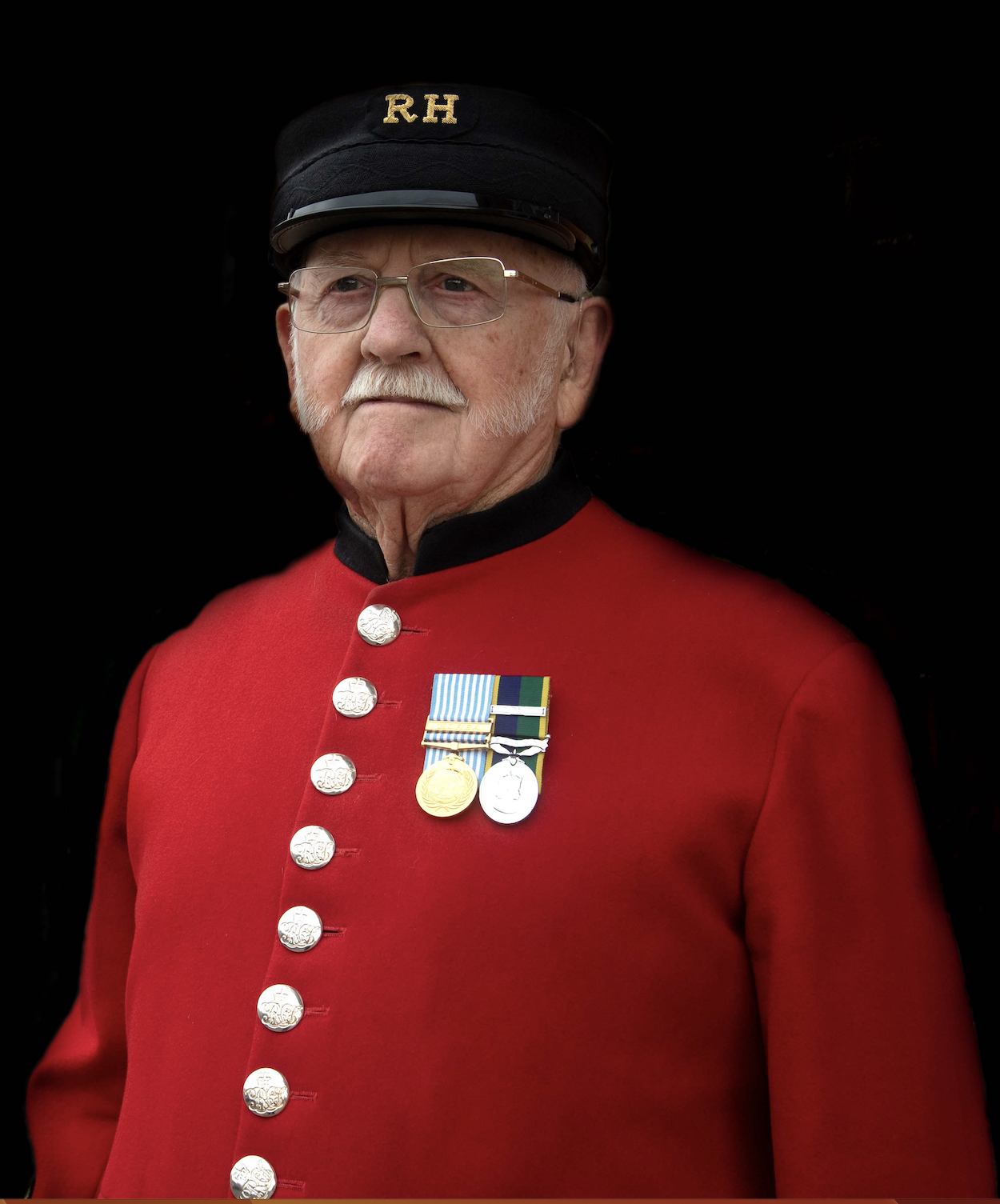
"After a long and arduous journey, we finally arrived in Korea in June 1954. As we disembarked, I was greeted by the sound of an American band playing ‘When the Saints Come Marching In.’ It was a heart-warming gesture.
When I got there, we were repairing the roads, building new camps for the infantry; I did a bit of quarry work too. I was a constructional engineer, so I was assigned to build an observation tower near the Imjin River.
We began work in the summer; it was scorching hot. Over 40 degrees some days! Then in the winter, the cold was extreme.
The dry and wet seasons too – everywhere would be covered in dust in the dry weather or you were knee deep in mud. You’re constantly fighting the elements. It made our work even more difficult.
Unfortunately, during the reconstruction our squadron suffered casualties. We lost one of our own in an accident during the rebuild. That’s something I won’t forget; it reminded us of the dangers we still faced when trying to rebuild in the aftermath.
I’ve been back to Korea since, this year and in 2016. The first time I went back, I didn’t recognise it. Huge skyscrapers there now and all the land they build on for agricultural. It was quite something."
